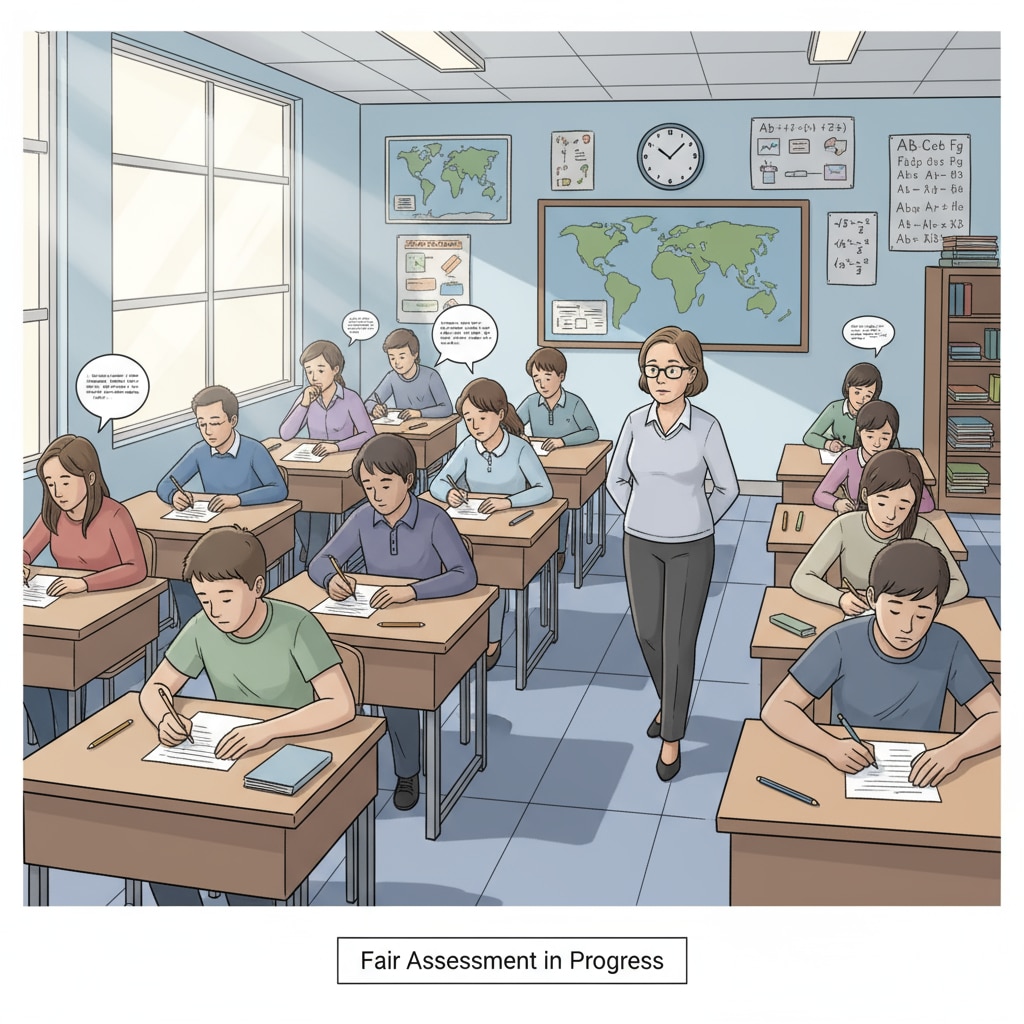Testing invigilators’ work experience is a unique and integral part of the educational evaluation system, especially in K12 settings. Their role goes beyond simply overseeing students during tests; it’s about upholding fairness and contributing to the healthy development of students.

As we delve into this profession, we’ll uncover its challenges, value, and offer practical advice for those interested.
The Role of Testing Invigilators in K12 Education
In K12 education, testing invigilators are the guardians of fairness. They ensure that every student has an equal opportunity to demonstrate their knowledge without any form of cheating. According to Education.com’s insights on assessment, fair testing is fundamental to accurate educational evaluation. Invigilators are responsible for creating an environment where students can focus and perform to the best of their abilities.

Challenges Faced by Testing Invigilators
However, the job of a testing invigilator is not without its challenges. One of the main difficulties is detecting and preventing cheating. Students may try various methods to gain an unfair advantage, which requires invigilators to be vigilant at all times. Additionally, managing the time strictly and dealing with unexpected situations, like a student falling ill during the test, can be quite stressful. As TeachThought’s article on assessment challenges points out, these issues can disrupt the smooth flow of the testing process.
Another challenge is maintaining a neutral attitude. Invigilators must treat all students equally, regardless of their personal feelings or prior knowledge of the students. This objectivity is essential for ensuring fairness in the testing environment.
The Value of Testing Invigilators
Despite the challenges, testing invigilators play a highly valuable role. They contribute to the integrity of the educational system by ensuring that test results accurately reflect students’ learning. This, in turn, helps educators make informed decisions about students’ progress and areas where additional support may be needed. Moreover, the presence of invigilators instills a sense of responsibility and discipline in students, teaching them the importance of honesty and hard work.
In addition, invigilators often have the opportunity to observe students’ test-taking behaviors, which can provide valuable insights for teachers. For example, they may notice patterns of stress or anxiety in certain students, which can be shared with educators to help address these issues.
Advice for Aspiring Testing Invigilators
For those interested in becoming testing invigilators, preparation is key. First, familiarize yourself with the test guidelines and procedures thoroughly. This will help you handle any situation that arises during the test. Second, develop strong observation skills. Pay attention to details and be able to spot any signs of irregularities. Third, practice maintaining a calm and composed demeanor, especially when dealing with difficult situations.
It’s also beneficial to communicate effectively with students. Explain the rules clearly at the beginning of the test to avoid misunderstandings. And remember, your role is to support the students in having a fair testing experience.
Readability guidance: This article has presented the key aspects of testing invigilators’ work experience. We’ve explored their role, challenges, value, and provided advice. By understanding these elements, we can better appreciate the importance of testing invigilators in the educational realm. Through short paragraphs and clear headings, we’ve made the information accessible. We’ve also incorporated external links for further learning and used appropriate transition words to enhance the flow.


